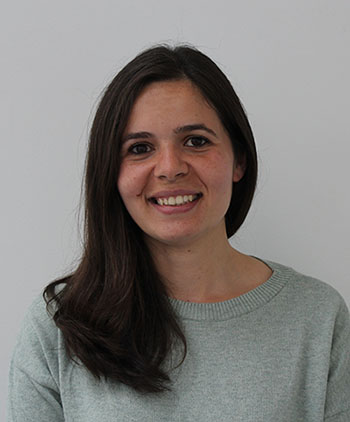Congratulations on your graduation PhD Sibel Tombaz
CONGRATULATIONS ON YOUR GRADUATION
Sibel Tombaz from Turkey came to KTH for doctoral studies in 2010. Now she has defended her PhD thesis “On the Design of Energy Efficient Wireless Access Networks” and will continue her work on energy efficient problems in wireless networks at Ericsson Research in Stockholm.

Where are you from and where did you study before coming to KTH?
– I am from Turkey and I received my master degree at Istanbul University. I’ve also been at University of South Florida as a visiting scholar during my master studies.
What is your topic and why did you choose it?
– The title of my thesis is “On the Design of Energy Efficient Wireless Access Networks”. During the four years of my doctoral studies, I have focused on the rapidly increasing energy consumption problem in wireless access networks due to the massive growth in mobile data demand which creates a big challenge for mobile operators not only due to soaring cost of energy, but also increasing concern for global warming and sustainable development.
Describe your topic in short.
– Currently mobile radio networks are designed to achieve optimum quality of service during peak hour traffic, regardless of required energy consumption. This situation created very energy in-efficient design solutions for mobile radio networks where main fraction of energy is wasted due to the significant traffic variation and almost the load-independent network power consumption. Therefore, we aim to incorporate energy-awareness into the design of future wireless access networks and to identify architectural (how to deploy) and operational (how to operate) solutions enabling energy saving without degrading users’ perceived quality of service, considering massive growth in mobile data demand. We also consider the economic viability of the proposed solutions aiming solely to lower total energy consumption which is of substantial importance for the operators in the process of investment decisions.
Tell us something about your results.
– One of our key results indicated that backhaul power consumption will potentially become a bottleneck in future ultra-high capacity wireless access networks. Therefore, in order to achieve truly green network architectures, backhaul power consumption has to be included in the energy efficiency analysis. We also show that heterogeneous network deployments with indoor and outdoor small base stations present great potential for energy savings due to their ability to increase capacity with relatively lower energy consumption. Cell DTX (a hardware improvement enabling sleep mode operation of the base station when there is no traffic) is shown as another promising feature for striking energy savings. The results also show that upgrading the hardware to enable cell DTX feature is also worthwhile from a total cost of investment perspective.
What will the future bring for your research topic?
– Currently mobile radio networks are responsible of 10-15% of ICT energy consumption and the consumption is doubled every fith year. This is just the tip of the iceberg. There are still five billion people in the world without mobile broadband. Moreover, 5G is on the way to satisfy the ever increasing demand of the mobile users to access to information anywhere and anytime to anyone and anything This means that we will have an even bigger energy problem in the future considering enormous coverage and capacity requirements. Therefore, I believe there will be more and more attention both from academia and industry (with the support from the government) to define innovative energy saving solutions.
What are your plans for the future?
– I will start working at Ericsson Research, Sustainability department from July 2014 and continue working with energy efficiency problems.

